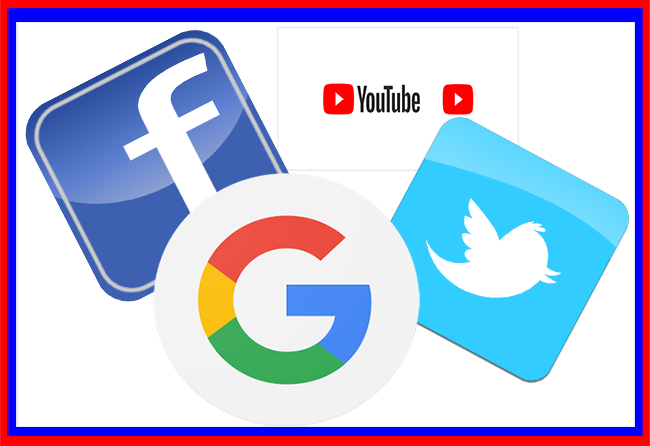Kerby Anderson
Yesterday and today I wanted to talk about the expanding role of Big Tech in the midst of this pandemic. Yesterday I talked about surveillance and privacy. Today I want to focus on censorship.
The problem of Big Tech censorship has been around for more than a decade. But the current climate makes it even easier. For example, Facebook announced it was removing posts intended to organize rallies that would be protesting government stay-at-home policies in a number of states. At first, a spokesperson said it was doing it because it was directed to do so by the government. Hours later, it clarified that it would independently remove posts if it assumed the gatherings “do not follow the health parameters established by the government.”
Google announced that it would remove information that it deemed “problematic.” And perhaps the most visible example was when YouTube (a Google subsidiary) removed a viral video by two California front-line doctors who criticized the lockdown. They held a press conference to release their conclusions from over 5,000 COVID-19 tests they conducted.
Victor Davis Hanson noted that nearly every model that has been cited usually “erred on the side of exaggerated morbidity. But to suggest that in public is deemed heresy.” He also found that questioning the “notion that everyone who died with COVID-19 died because of it” is considered taboo. And we were “not to question the weird formula of assessing a virus’s morbidity by dividing the number of deaths only by the actual number of those who at any time has tested positive for an active infection.”
There are certainly good reasons for removing posts and videos that prescribe quack treatments for the virus. But when material is removed simply because it asks good questions about policies and treatments, we are heading toward a censorship society.
 Listen Online
Listen Online Watch Online
Watch Online Find a Station in Your Area
Find a Station in Your Area










 Listen Now
Listen Now Watch Online
Watch Online
